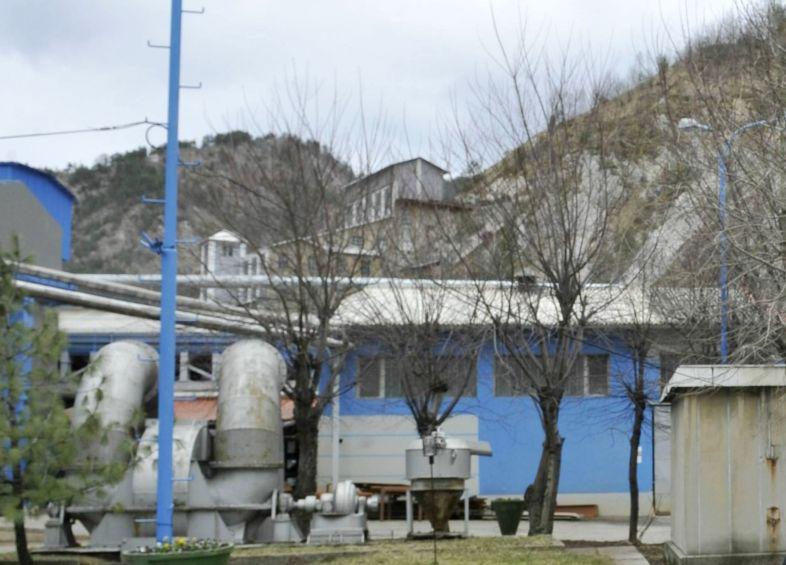This year's study of children from contaminated areas in the region of Koroška has been more extensive than last year, and the response among parents also better. Out of 700 invited children, over 500 gave blood samples, which could also result in more reliable results.
Experts from the unit of the National Public Health Institute (NIJZ) at Ravne na Koroškem are visiting families with children who have been found to have higher levels of lead in their blood. Together with the parents, health professionals will try to determine the reasons for worse results, which may vary from family to family, explains Matej Ivartnik from NIJZ.
Nutrition is also important, which is why kindergartens have been taking special care. Containers with produce that reduces the passage of lead to blood are now also delivered to children who are not included in institutional care. According to Helena Pavlič from NIJZ, last year's study of blood analysis in children showed a worrying result, and this year the study is even more extensive. Still, any result can alter the general picture of conditions in the polluted area. Thus, it will take until autumn to analyse all of the samples and report full results.


































































